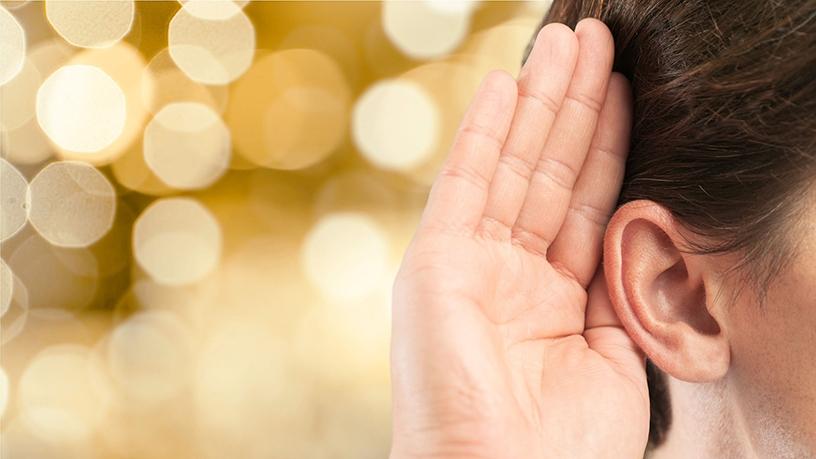
Two medical students at the University of Cape Town are developing an app and Web site to improve the experience of deaf patients using healthcare facilities.
Fourth-year medical students Banele Mhlongo and Vuma Mthembu have set out to serve the needs and rights of the deaf with what they call an innovative and cost-effective solution to make healthcare facilities more accessible for people with hearing disabilities.
The solution will help the deaf to explain and communicate with healthcare professionals about symptoms, treatment and medication for common medical conditions. These include tuberculosis, HIV/Aids, diabetes, asthma and meningitis.
Video content will show sign language interpreters and health professionals explaining everything patients need to know about asthma, for example, say the students.
The short videos explain what could trigger asthma attacks, how they can be treated, why it's important to avoid certain medication, and how to manage the side effects, they add.
This will help with better management of common conditions that have a high morbidity and mortality in among the deaf community in SA and will improve access to health promotion information, say the two students.
"We saw the gap after realising that the deaf community has no alternative language other than sign, as lip-reading is insufficient. And when examining, about 70% of a diagnosis comes from the patient's history," says Mhlongo.
Communicating with the deaf is vital to create stronger health systems, say Mhlongo and Mthembu. People are more likely to make use of healthcare facilities if there are no communication barriers, note the students.
Cost-effective solutions are needed to avoid deaf patients becoming isolated or feeling marginalised in accessing healthcare, note Mhlongo and Mthembu. Only very few healthcare facilities have interpreters who can explain treatment, medication and maintain the necessary confidentiality, they add.
Mhlongo and Mthembu are also using Instagram to engage with a younger deaf audience by posting pictures and meme-styled short, humorous captioned images, explaining the most common health conditions.
They are eager to expand their project and are looking for supporters to fully develop their solution.
At the moment they are working with close friends who have computer programming skills to develop the first version, which will serve as a pilot.
This will help them figure out what needs to be added, changed and what the costs will be for the larger-scale app and Web site.
"Our aim is to pioneer sign-language teaching for all programmes in the medical school, and to get other institutions to adopt it," says Mhlongo.
Share